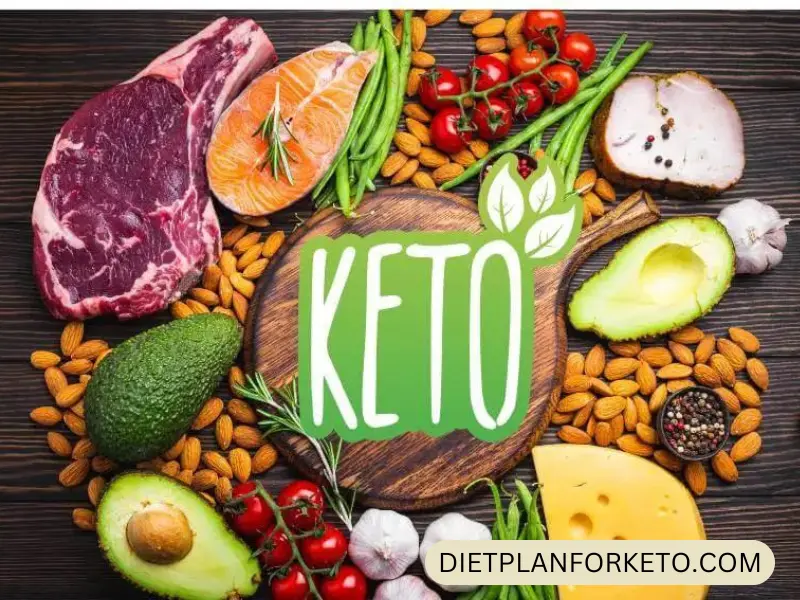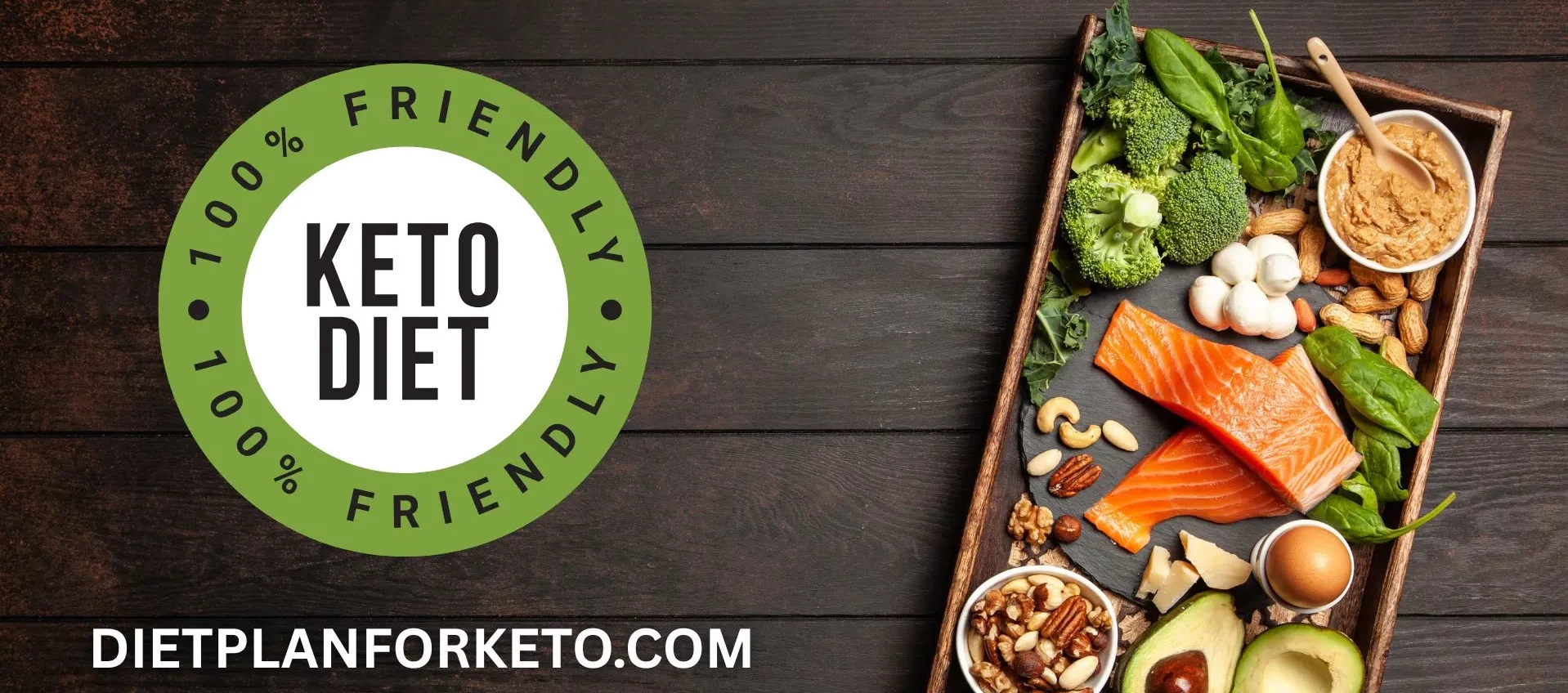The ketogenic (keto) diet has gained significant popularity over the past few years, with many touting its benefits for weight loss and overall health. However, like any diet, it has its advantages and disadvantages.
In this comprehensive blog post, we will delve into the pros and cons of the keto diet to help you make an informed decision about whether it’s the right choice for you.
Introduction to the Keto Diet
The keto diet is a high-fat, low-carbohydrate eating plan that aims to put the body into a state of ketosis. In ketosis, the body burns fat for fuel instead of carbohydrates. Typically, the diet consists of 70-80% fat, 10-20% protein, and 5-10% carbohydrates.
Pros of the Keto Diet
1. Weight Loss
One of the most significant benefits of the keto diet is its potential for weight loss. By reducing carbohydrate intake and increasing fat consumption, the body is forced to burn fat for energy. This can lead to substantial weight loss, especially in the initial stages.
- Increased Fat Burning: Ketosis encourages the body to burn stored fat, leading to a reduction in body fat percentage.
- Appetite Suppression: High-fat foods can promote satiety and reduce overall calorie intake.
- Improved Insulin Sensitivity: Lower carbohydrate intake can improve insulin sensitivity, which can be beneficial for those with insulin resistance or type 2 diabetes.
2. Improved Mental Clarity and Focus
Many proponents of the keto diet report enhanced mental clarity and focus. The brain can efficiently use ketones, produced during ketosis, as an alternative energy source.
- Stable Energy Levels: The absence of carbohydrate-induced blood sugar spikes and crashes can lead to more stable energy levels throughout the day.
- Neuroprotective Benefits: Some studies suggest that ketones have neuroprotective properties, potentially benefiting cognitive health.
3. Better Blood Sugar Control
The keto diet can help regulate blood sugar levels, making it a viable option for individuals with type 2 diabetes or prediabetes.
- Reduced Blood Sugar Levels: Lower carbohydrate intake results in lower blood sugar levels and reduced insulin spikes.
- Enhanced Insulin Sensitivity: Improved insulin sensitivity can help manage and potentially reverse insulin resistance.

4. Potential Cardiovascular Benefits
Contrary to the belief that a high-fat diet is detrimental to heart health, the keto diet may offer cardiovascular benefits.
- Increased HDL Cholesterol: The diet can raise high-density lipoprotein (HDL) cholesterol, which is beneficial for heart health.
- Reduced Triglycerides: Lower carbohydrate intake often leads to reduced triglyceride levels, which is associated with a lower risk of heart disease.
- Improved Blood Pressure: Weight loss and improved insulin sensitivity can contribute to lower blood pressure levels.
5. Enhanced Physical Endurance
For athletes and fitness enthusiasts, the keto diet can improve physical endurance by optimizing the body’s ability to use fat as a fuel source.
- Fat Adaptation: The body becomes more efficient at burning fat for energy, which can be beneficial for endurance activities.
- Steady Energy Supply: Fat provides a more steady and long-lasting energy source compared to carbohydrates.
Cons of the Keto Diet
1. Initial Side Effects
The transition into ketosis can be challenging and may come with several side effects, commonly referred to as the “keto flu.”
- Keto Flu: Symptoms can include headaches, fatigue, dizziness, nausea, irritability, and difficulty sleeping. These symptoms typically subside within a few days to a week.
- Dehydration and Electrolyte Imbalance: The initial phase of the diet can cause rapid water loss and a decrease in electrolytes, leading to dehydration and an imbalance of essential minerals.
2. Nutrient Deficiencies
The restrictive nature of the keto diet can result in nutrient deficiencies if not carefully managed.
- Limited Food Choices: The exclusion of many fruits, vegetables, and grains can lead to deficiencies in vitamins and minerals such as potassium, magnesium, and vitamin C.
- Fiber Intake: Reduced intake of fiber-rich foods can lead to digestive issues such as constipation.
3. Sustainability and Social Challenges
The strict dietary requirements of the keto diet can make it difficult to sustain long-term.
- Dietary Restrictions: The need to avoid a wide range of foods can make dining out and social gatherings challenging.
- Long-Term Adherence: Maintaining the diet over the long term can be difficult, leading to potential relapse and weight regain.
4. Potential Health Risks
While the keto diet can offer health benefits, it may also pose certain risks, particularly for individuals with specific medical conditions.
- Increased LDL Cholesterol: For some individuals, the diet can increase low-density lipoprotein (LDL) cholesterol levels, which is associated with an increased risk of heart disease.
- Liver and Kidney Issues: High-fat intake can put a strain on the liver and kidneys, potentially exacerbating existing conditions.
- Bone Health: Some research suggests that the keto diet may negatively impact bone health due to reduced intake of calcium and other bone-supporting nutrients.
5. Impact on Athletic Performance
While the keto diet can enhance endurance, it may not be suitable for all types of athletic performance, particularly high-intensity activities.
- Reduced Glycogen Stores: The diet depletes glycogen stores, which can impact performance in activities that require short bursts of energy.
- Adaptation Period: Athletes may experience a decline in performance during the initial adaptation period as the body adjusts to burning fat for fuel.
Balancing the Pros and Cons
When considering the keto diet, it’s essential to weigh the pros and cons and determine if it aligns with your health goals and lifestyle. Here are some tips to help you navigate the decision:
1. Consult with a Healthcare Professional
Before starting any new diet, it’s crucial to consult with a healthcare professional, especially if you have underlying health conditions or are taking medication.
- Personalized Guidance: A healthcare professional can provide personalized advice and monitor your progress to ensure the diet is safe and effective for you.
2. Focus on Nutrient-Dense Foods
To mitigate the risk of nutrient deficiencies, prioritize nutrient-dense, whole foods within the keto framework.
- Include a Variety of Vegetables: Opt for low-carb vegetables such as leafy greens, broccoli, and cauliflower to ensure you get essential vitamins and minerals.
- Choose Healthy Fats: Focus on sources of healthy fats, such as avocados, nuts, seeds, and olive oil, rather than relying solely on saturated fats.
3. Monitor Your Health
Regular monitoring of your health can help you identify any potential issues early on.
- Track Blood Markers: Regular blood tests can help monitor cholesterol levels, liver function, and other important health markers.
- Pay Attention to Your Body: Listen to your body and adjust the diet as needed based on how you feel and any symptoms you may experience.
4. Plan for the Long Term
Consider how the keto diet fits into your long-term lifestyle and whether it is sustainable for you.
- Create a Support System: Having a support system in place, whether it’s friends, family, or online communities, can help you stay motivated and on track.
- Be Flexible: Allow for flexibility in your diet to accommodate social events and occasional indulgences, which can make it easier to stick to the diet long-term.
Conclusion
The keto diet can offer numerous benefits, including weight loss, improved mental clarity, and better blood sugar control. However, it also comes with potential drawbacks, such as initial side effects, nutrient deficiencies, and sustainability challenges.
By carefully considering the pros and cons and consulting with a healthcare professional, you can make an informed decision about whether the keto diet is the right choice for you.
Ultimately, the best diet is one that supports your individual health goals, fits your lifestyle, and is sustainable in the long term.
Whether you choose to embark on the keto diet or explore other dietary approaches, prioritizing whole, nutrient-dense foods and listening to your body’s needs will always be key to achieving and maintaining optimal health.
